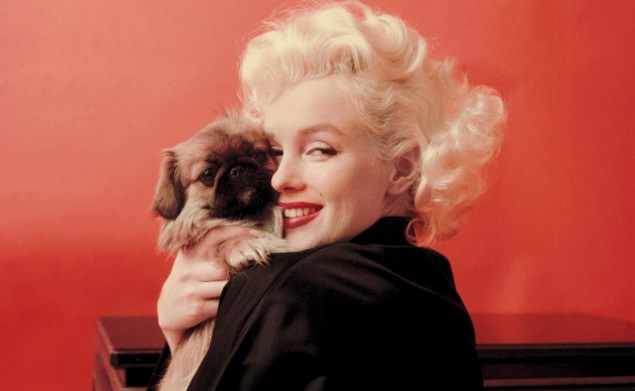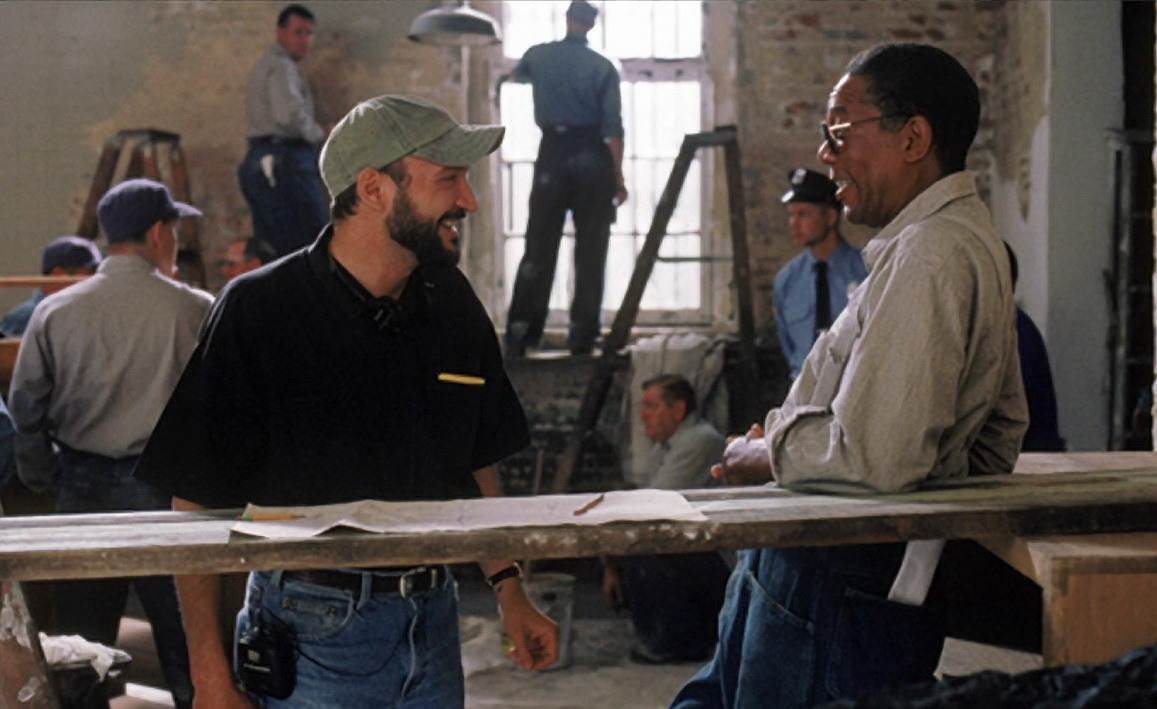In the history of Hollywood and wartime iconography, few images are as enduring or emblematic as the 1941 LIFE Magazine photograph of Rita Hayworth. This photo, capturing Hayworth in a delicate negligee with a black lace bodice, not only cemented her status as a cinematic and wartime icon but also became a defining image of World War II-era allure. The story behind this iconic photograph is a fascinating blend of chance, talent, and the era’s cultural zeitgeist.
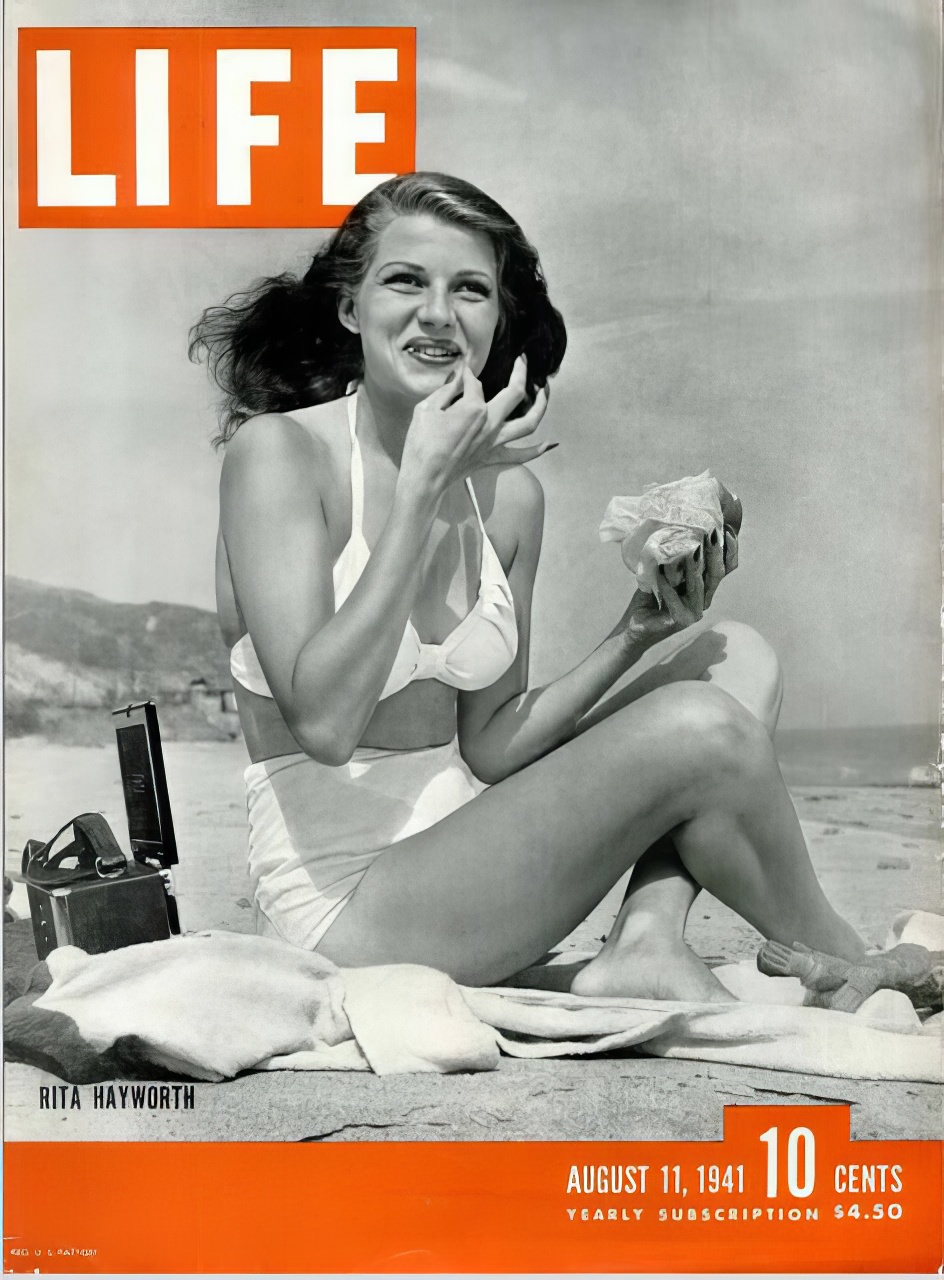
By 1941, Rita Hayworth had already captured America’s heart as one of Hollywood’s most glamorous and beloved actresses. Her radiant beauty and captivating screen presence made her a favorite among moviegoers. The LIFE Magazine photo shoot elevated her to the status of a national icon, making her a symbol of hope and beauty during the World War II years.
Bob Landry, the photographer behind the lens for this iconic shoot, was relatively new to the business at the time. Despite his newcomer status, Landry possessed a keen eye for capturing the essence of his subjects, a skill that would soon be showcased to the nation through his photoshoot of Hayworth.
The photoshoot itself was the result of a happy accident. During the shoot, Landry’s flash was too bright, creating a silhouette effect against the backdrop that reflected off Hayworth’s back. While some might have seen this as a technical flaw, Landry viewed it as a serendipitous addition that added depth and a mysterious allure to the image. This “mistake” resulted in a photograph that was both intimate and intriguing, showcasing Hayworth’s beauty in a way that was both bold and vulnerable.
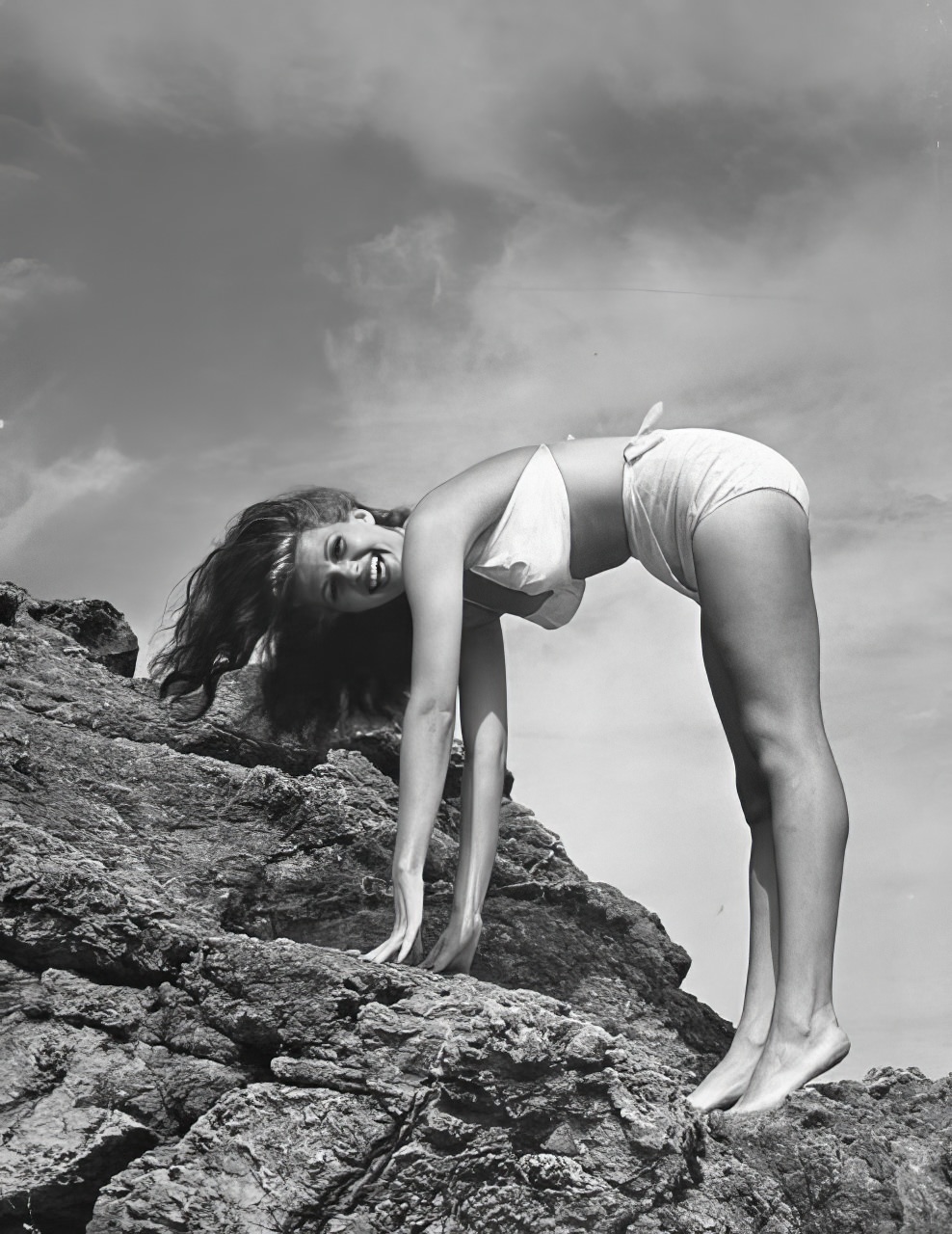
Her gaze seemingly reaching out beyond the frame. The black lace bodice of her negligee added a touch of sophistication, while the silhouette effect lent an air of mystery. This combination of elements made the photograph stand out, capturing the imagination of a nation.
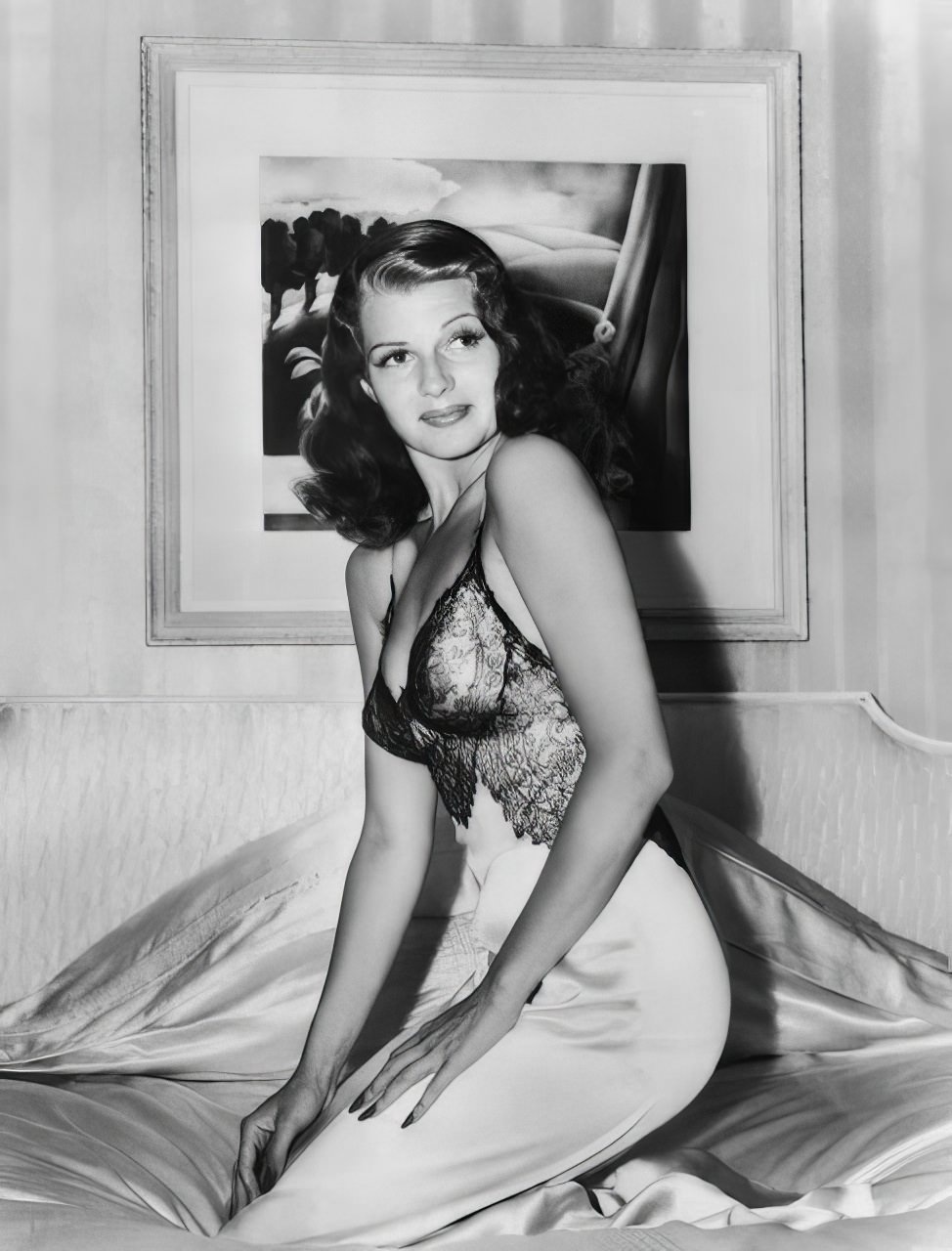
Following its publication, Hayworth’s photograph quickly became one of the most requested pin-up images among American servicemen, rivaled only by Betty Grable’s famous 1943 pin-up. For two years, Hayworth’s image adorned barracks, submarines, and aircraft, serving as a reminder of the beauty and grace that awaited servicemen at home.
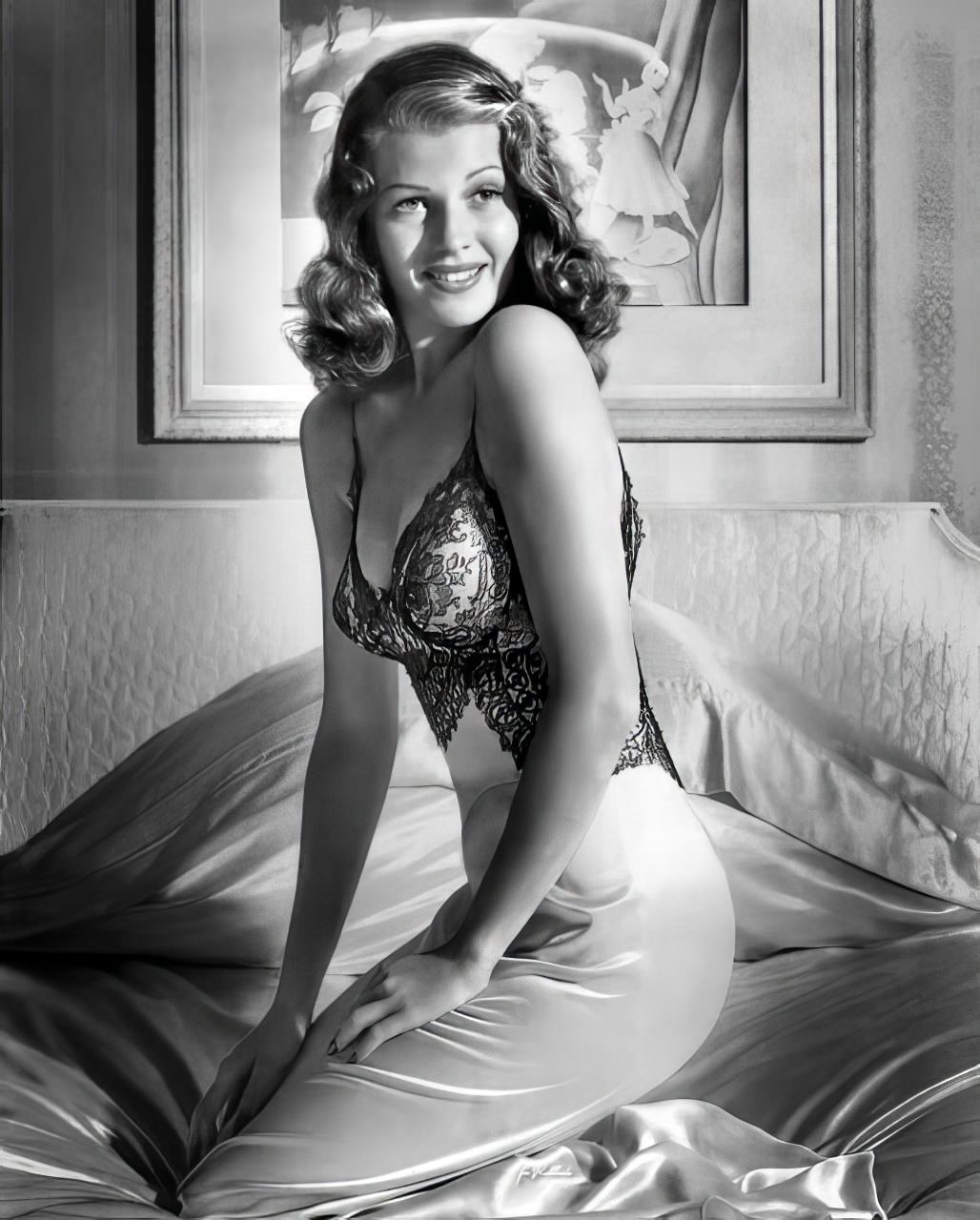
By the end of the war, more than 5 million copies of this photo were sold. The US Navy named her, “The Red-Head We Would Most Like to be Ship-Wrecked With.”
The aftermath of the photo shoot saw Landry’s career taking a dramatic turn. He was sent to report on American naval exercises in the Pacific in December 1941. Unbeknownst to him, he would soon become one of the first reporters to witness the aftermath of the Pearl Harbor attack, being only 100 miles away from the naval base when the bombing occurred. Despite the horrific scenes he captured, many of Landry’s photographs were delayed for months due to censorship concerns. Throughout the war, Landry would go on to shoot five LIFE covers during his first year with the magazine, a remarkable achievement for any photographer, let alone one so new to the field.
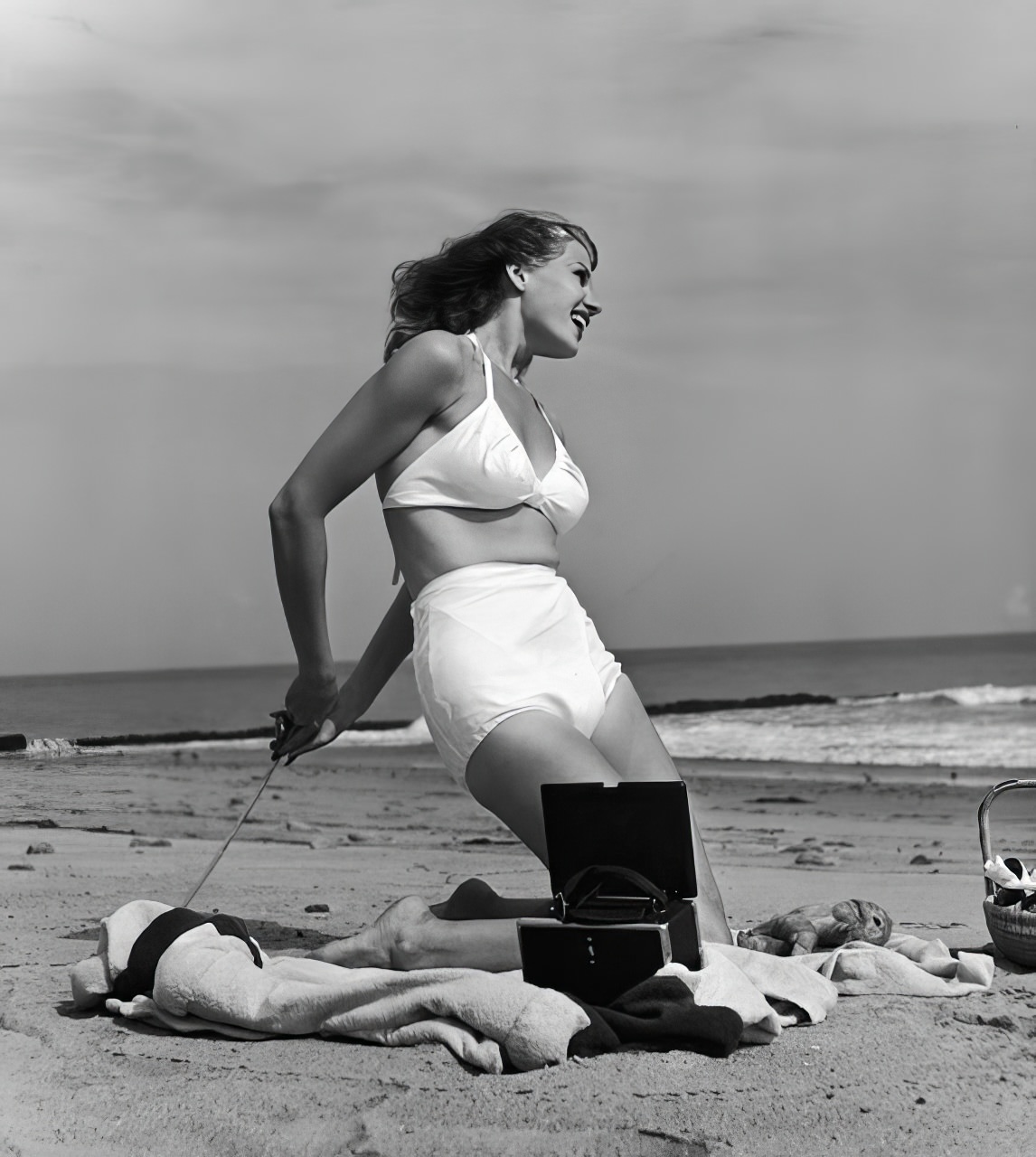
One day, a Columbia Pictures press agent named Magda Maskel suggested photographing Rita Hayworth in a black lace nightgown that Maskel’s mother had made. [Life’s Hollywood correspondent, Richard] Pollard and photographer Bob Landry met Maskel at Hayworth’s apartment. She knelt on a bed in the nightie, looking provocative, and Landry snapped away. Good, but something else might be done. Pollard spoke up: ‘Rita, take a deep breath.’ That was it. The perfect frame. — John G. Morris Photo editor
John G. Morris in his book Get the Picture: A Personal History of Photojournalism remembers:
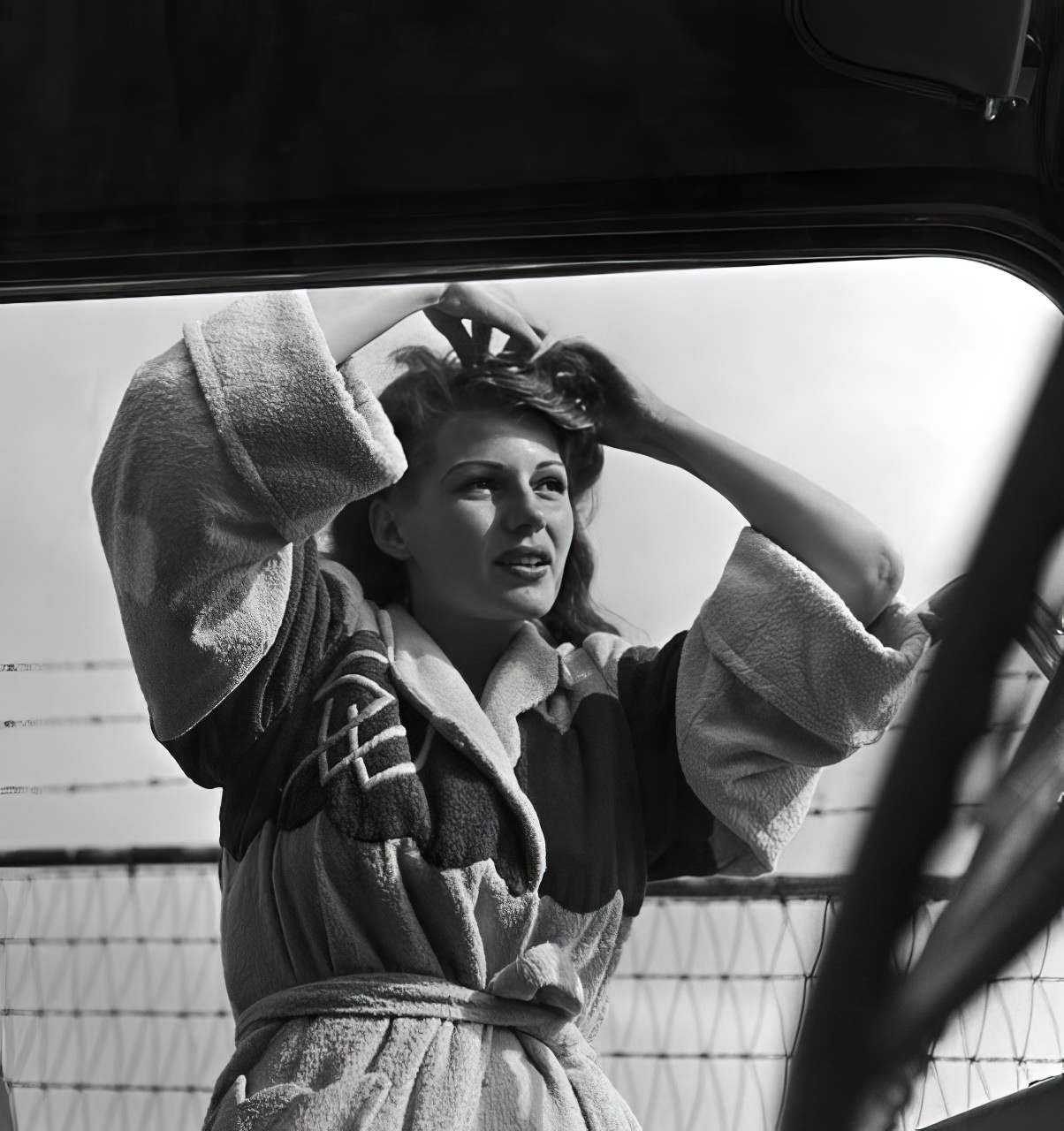
The satin nightgown worn by Hayworth in the photo was auctioned in 2002 for $26,888. This sale underscored the lasting fascination with Hayworth’s image and the moment captured by Landry’s lens.


